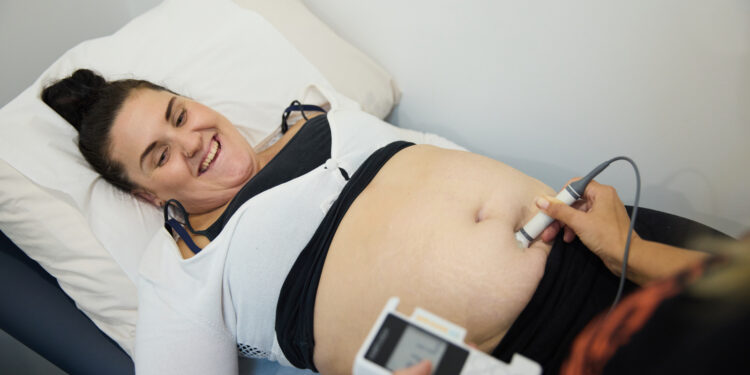Midwifery care for women with complications of childbirth

Background
The rise in medicalisation of birth and the increase in women being treated for complications of childbirth create a need to ensure the presence of midwifery services in the care of all women in order that the ethos of normal childbirth is maintained as much as possible. It is important to ensure that women experiencing complications in childbirth receive the best possible care from a multidisciplinary team, which should include a midwife.
The World Health Organization states that childbirth is an event that easily lends itself to over medicalisation. The worldwide increase in the number of caesarean sections where there is no clinical indication is an example of this and the potential for unintended adverse consequences for both infant and mother is real.
ICM believes that a woman who develops complications during pregnancy, birth or the post-partum period requires care from a midwife in addition to care from specialist(s). It is appropriate that the midwife is involved in the obstetric or other specialised care and the treatment relevant to the mother or newborn. The presence of the midwife can provide continuity of care and support in a situation where the woman may receive care from a number of health professionals not previously known to her, leading to increased fears and anxieties. The midwife’s approach to childbirth as a physiological and psychosocial process will optimise the woman’s experience of childbirth and help her to prepare for motherhood and nurturing her newborn with the best possible physical and mental health.
Position
ICM will work to further its belief in the benefit of midwifery care to women with complications during childbirth. Wherever women are treated for medical disorders such as hypertension, cardiac disease, diabetes mellitus and anaemia in pregnancy; or obstetric complications such as assisted deliveries (vacuum, forceps and caesarean section), preterm delivery or complications of the postnatal period, they should be offered care by a midwife, as stated in the ICM Essential Competencies for Basic Midwifery Practice. The worldwide acceptance of midwives acknowledges that they are the appropriate skilled professionals in normal childbirth and they also play an important role in the care and treatment of pregnant women experiencing complications.
Recommendations
In their efforts to ensure that all women receive midwifery care, Member Associations of ICM should not lose focus on the need for midwives to be part of multidisciplinary teams for those women who develop complications before, during and after giving birth. Note: childbirth encompasses pregnancy, birth and the postpartum period.
Adopted at Glasgow Council meeting, 2008
Reviewed and adopted at Prague Council meeting, 2014
Due for next review 2020
Related ICM documents
Other relevant documents
- Monir Islam, Sachiyo Yoshida, 2009. Women are still deprived of access to lifesaving essential and emergency obstetric care. International Journal of Gynecology & Obstetrics. Volume 106, Issue 2, Pages 120-124, August 2008.
- Partamin et al. 2012. Patterns in training, knowledge, and performance of skilled birth attendants providing emergency obstetric care and newborn care in Afghanistan. International Journal of Gynecology & Obstetrics. Volume 199, Issue 2, Pages 125- 129. November 2012
- WHO. 2004. The Critical Role of the Skilled Attendant.
- WHO. 2011. Evaluating the quality of care for severe pregnancy complications.
